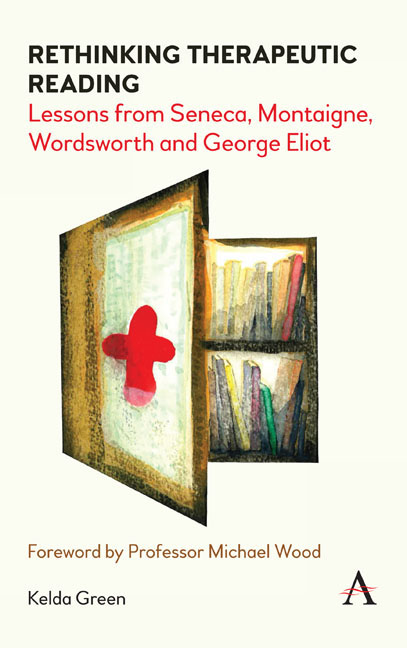Summary
‘All sorrows can be borne’, the writer Karen Blixen once said, ‘if you put them in a story, or tell a story about them’, and this belief is often thought to lie behind much of the work of psychoanalysis: not just a talking cure but a telling cure. You won't be able to manage your need or distress or even think about them until you find a shape for them in a tale. There are problems with these claims of course. Nothing will take care of all sorrows, and we can't be cured from living. But stories do help in all kinds of ways, and it makes sense to speak of literature as a source of therapy, as this remarkable book does.
We just need to be careful about our stories. Or rather, we need to stay away from too careful stories, stories that are neat and settled, too eager to arrive at their plausible endings.
The philosopher Galen Strawson, cited at the end of this work, eloquently decries the fashionable belief that we all need stories (and/ or stories are all we need). ‘There is widespread agreement that human beings typically see or live or experience their lives as a narrative or story of some sort, or at least as a collection of stories.’ But what exactly are the alternatives to story? We can all think of epiphanies, lyric moments, but what else is there? This book richly answers the question, and in this sense copes with one of its own most difficult paradoxes: how are we to be practical while remaining ‘in the service of something deeper than empiricism’.
Kelda Green reaches her solution through a close consultation of the works of Seneca, Montaigne, Wordsworth and George Eliot, and especially through her subtle attention to the pressure each author puts upon his or her predecessor, so that the very idea of therapy becomes a story that doesn’t end. Seneca's wonderful insight into the mind's remaking of the world – ‘A man is as wretched as he has convinced himself that he is’ – must be true in some sense if the notion of psychology (and indeed of much of philosophy) is to have any meaning, but the truth is not binary: wretchedness has many components apart from the wretch's conviction. And this is Dr Green's recurring theme.
- Type
- Chapter
- Information
- Rethinking Therapeutic ReadingLessons from Seneca, Montaigne, Wordsworth and George Eliot, pp. xi - xivPublisher: Anthem PressPrint publication year: 2020



